Moana 2
Gods and demigods are important to the story ofMoana, and this continues intoMoana 2.
Of course, this is far from the beginning of Maui’s story.
Maui is a real demigod of Polynesian cosmogony.

6Moana
Moana began theMoanafranchise as a regular human, but all that changed inMoana 2.
Moana herself isn’t based on any established god or demigod within the various Polynesian cultures.
However, her name means “ocean” in the Hawaiian and Maori languages.
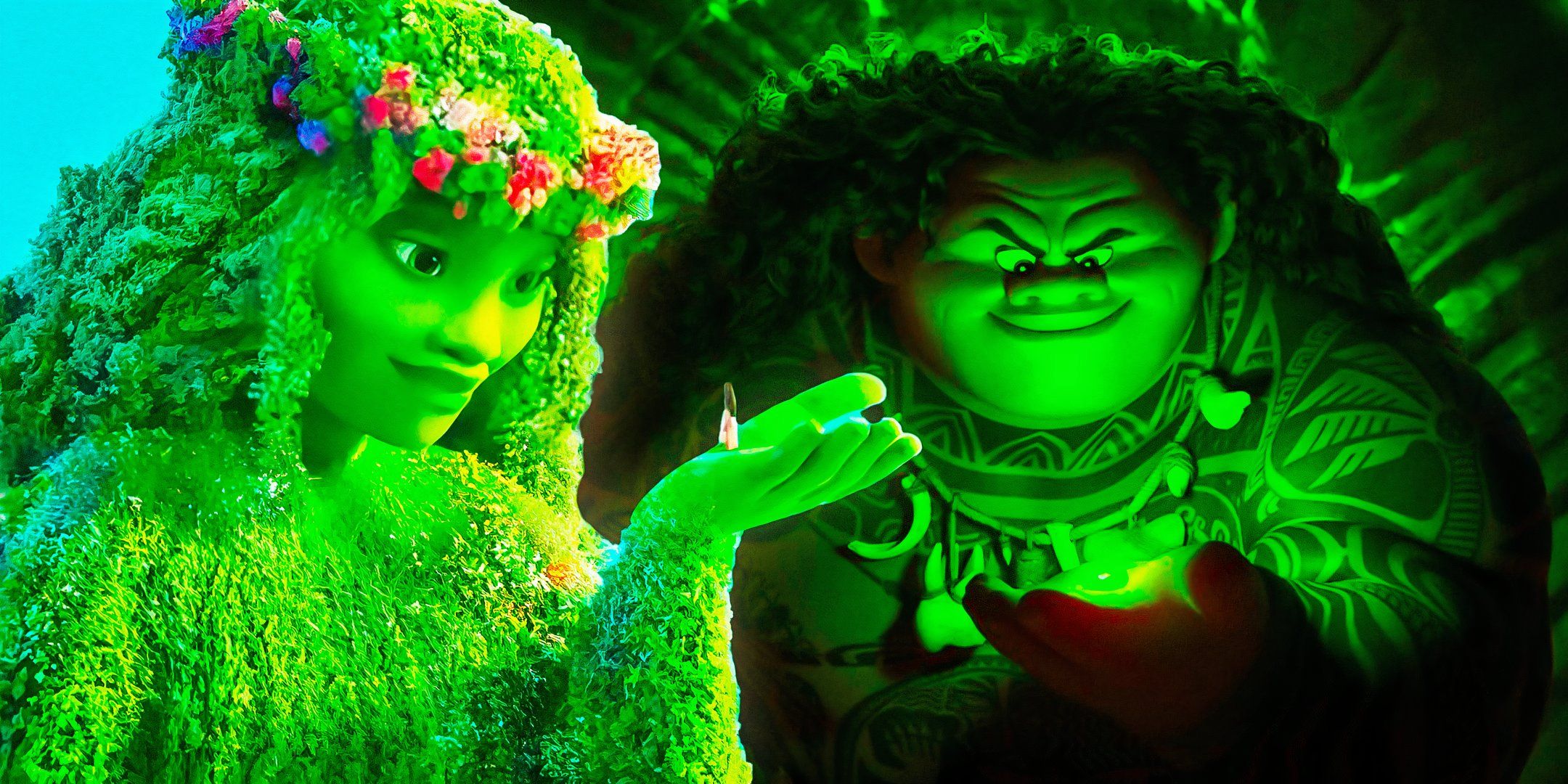
Custom image by Yailin Chacon
Considering her role in the Moana movies, this makes sense.
It’s playful and energetic, even demonstrating sassiness at points throughoutMoana.
The Ocean never speaks a word, butthis mysterious deity is still a character in its own right.
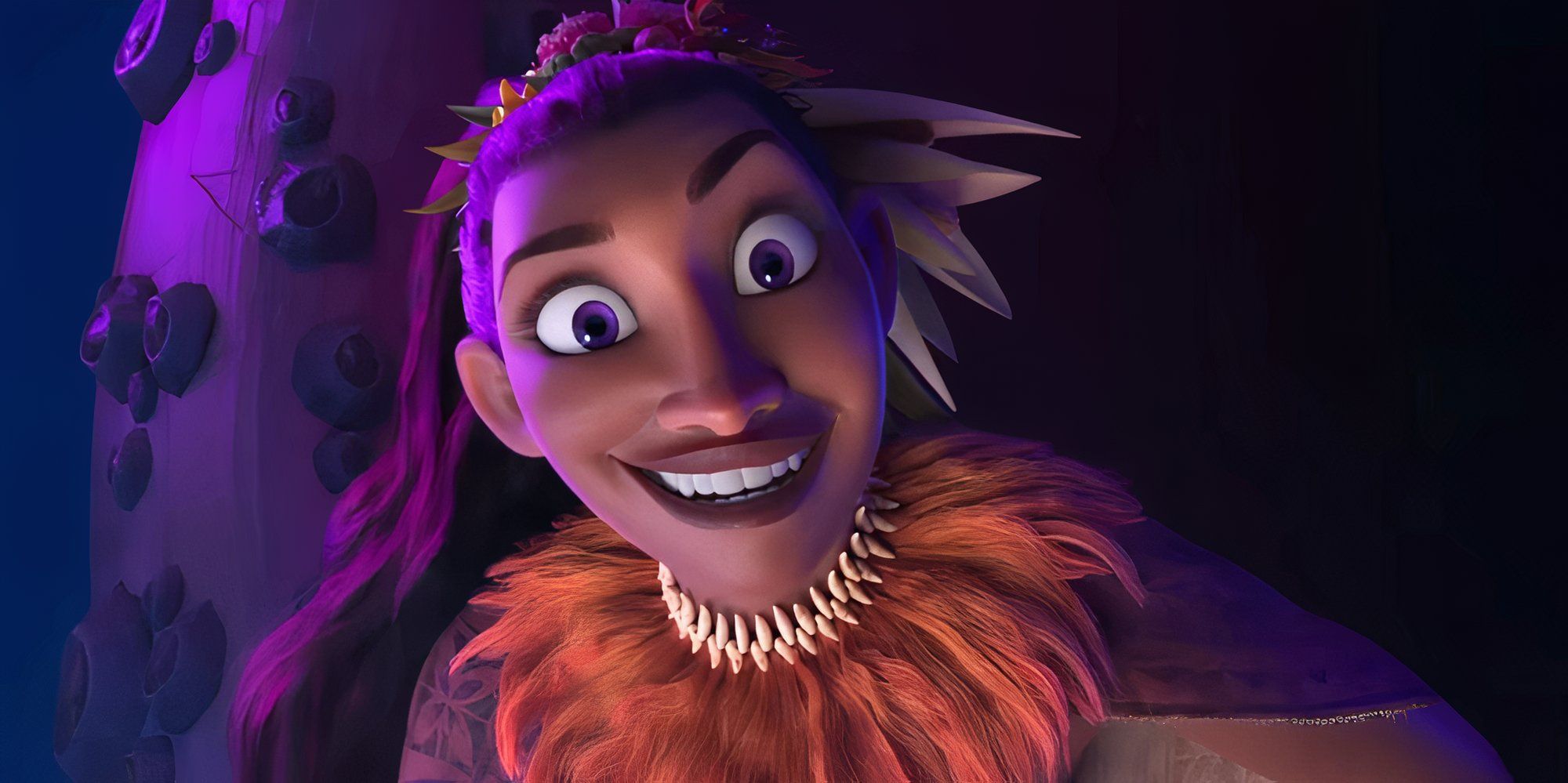
In Disney’s live-action adaptation of “Moana,” a young Polynesian girl embarks on a daring voyage to save her people, seeking the demigod Maui’s help to restore the heart of Te Fiti.
Moana seems to have combined all these deities for its version of the Ocean god…
There are several ocean gods in Polynesian mythology, recognized by different individual cultures.
Tangaroa is the Maori god of the ocean, which is responsible for protecting sea life.
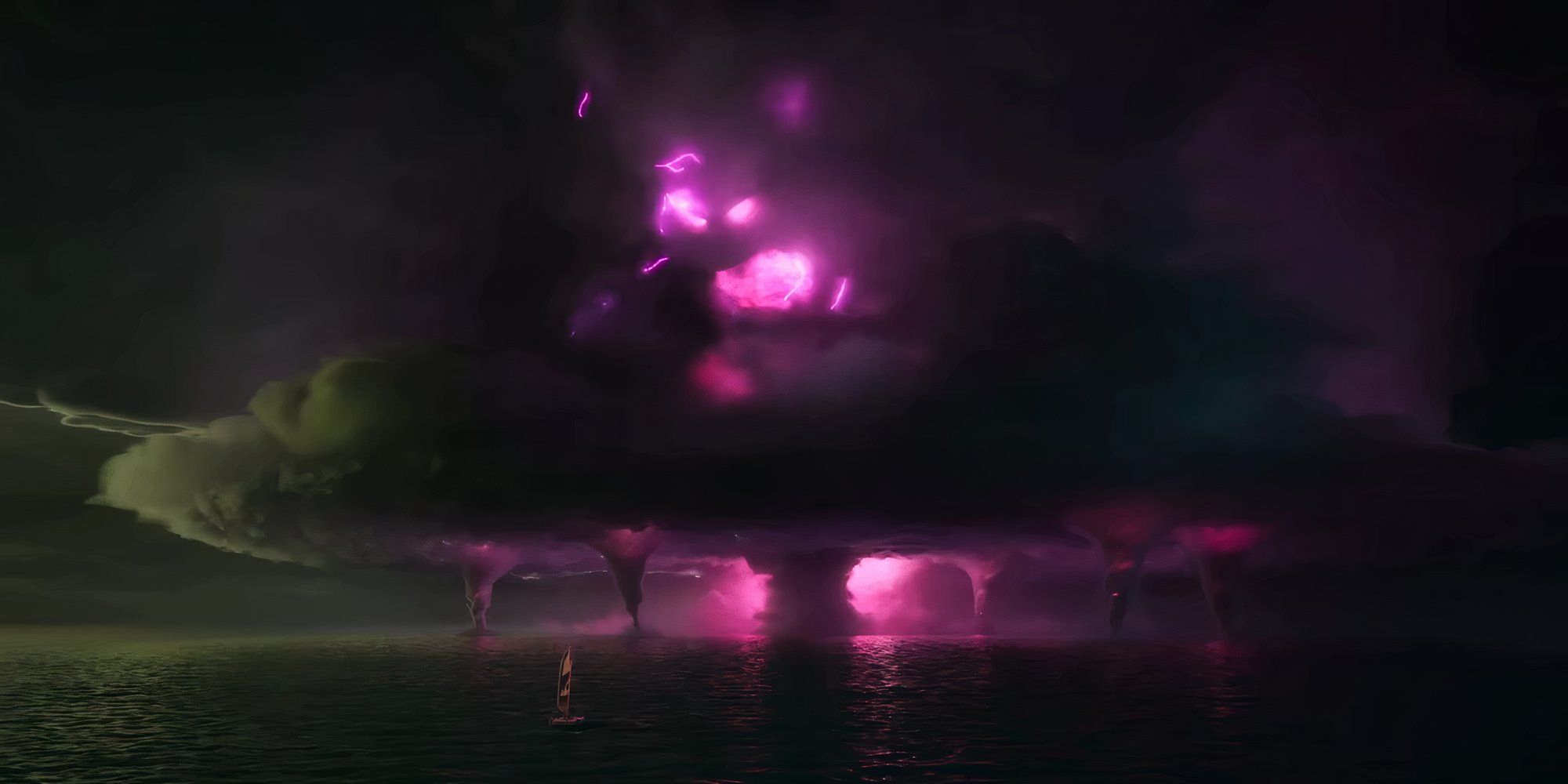
This is more or less the role of the Hawaiian Kanaloa and the Samoan Tagaloa.
Regardless, it’s clear these two deities work in tandem inMoana.
Not only does Te Fiti create life, but she maintains it.
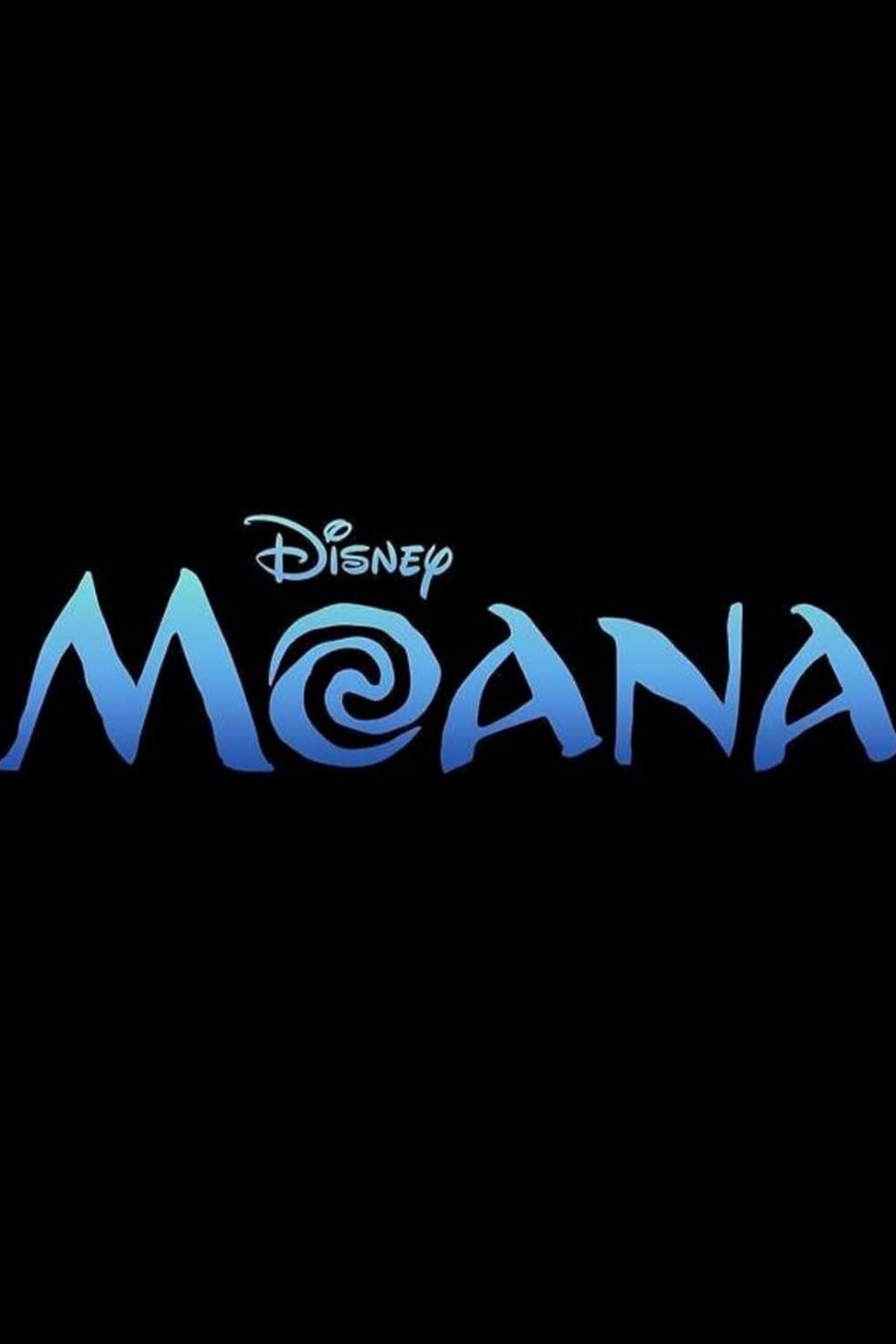
In Disney’s live-action adaptation of “Moana,” a young Polynesian girl embarks on a daring voyage to save her people, seeking the demigod Maui’s help to restore the heart of Te Fiti.
Like the ocean,Te Fiti is Disney’s version of several Polynesian gods.
However, the true answer to beating this lava monster came down to Moana’s own compassion and wisdom.
The true answer to beating this lava monster came down to Moana’s own compassion and wisdom.
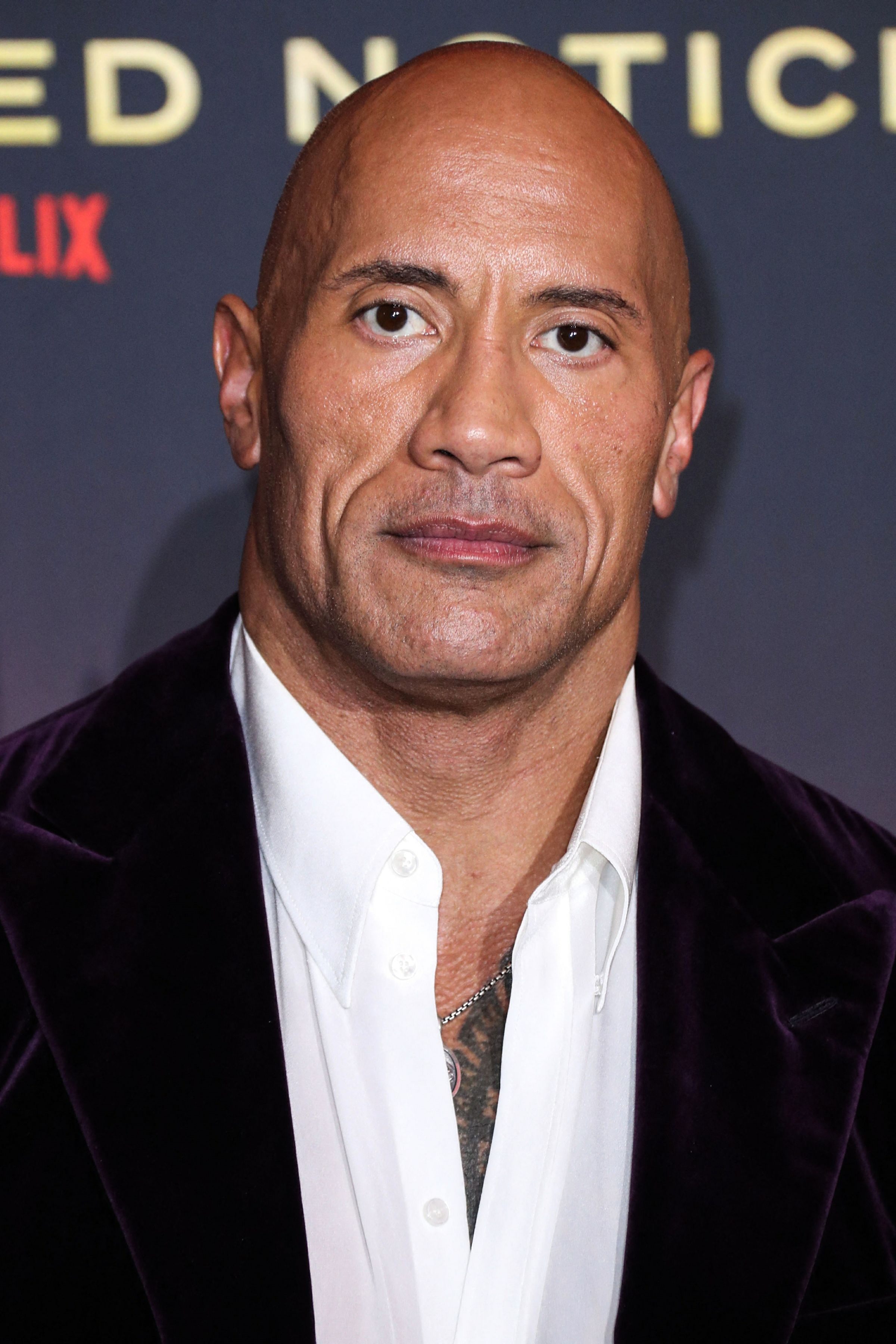
Like the other gods ofMoana, Te Ka seems to be based on a variety of real-world deities.
2Matangi
A Wind God Or Demigod
Matangi is a morally complicated force inMoana 2.
There is no god called Matangi in Polynesian mythology.
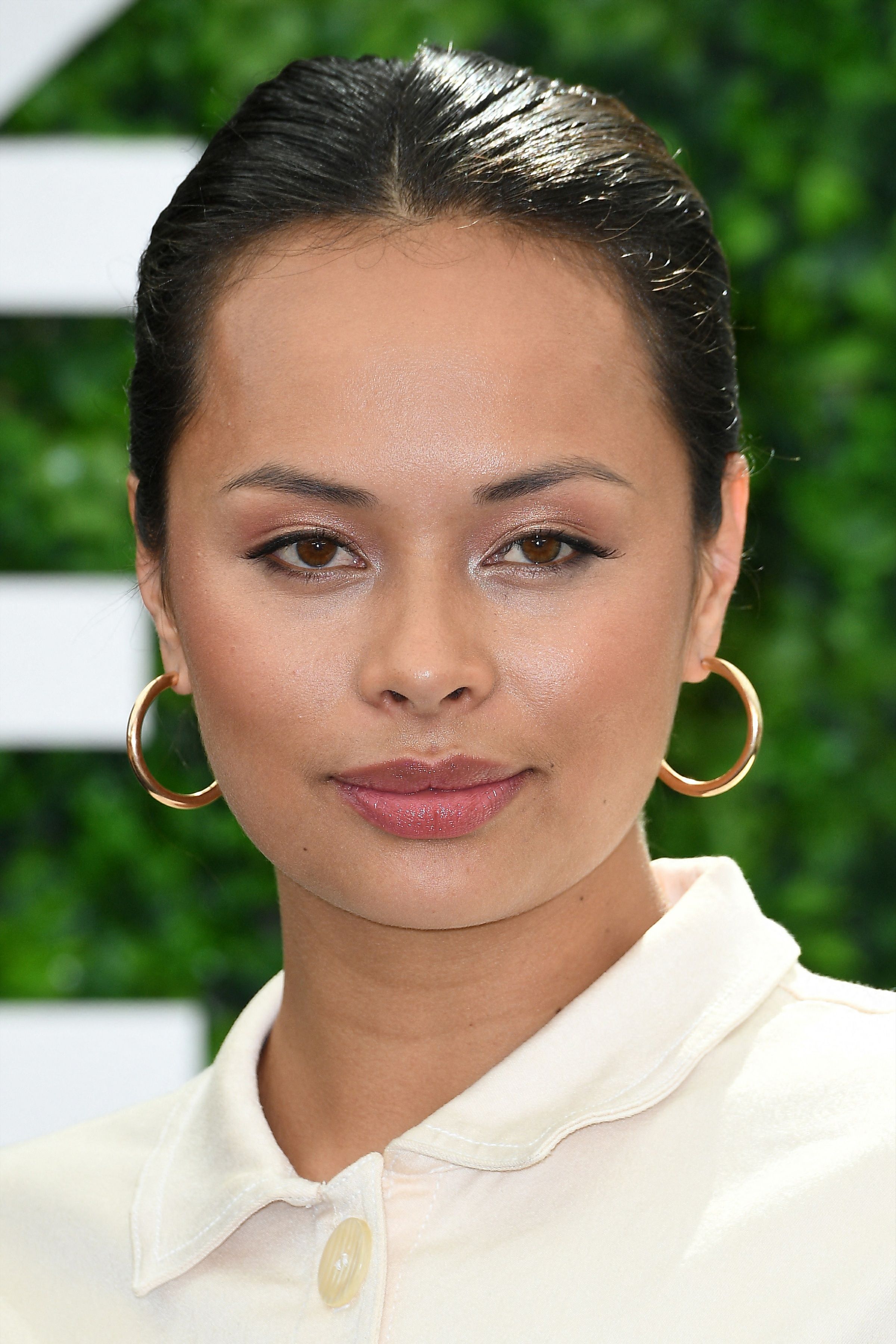
However,the name relates to the Maori word for breeze or wind.
This makes sense, considering Matangi’s ability to create tornados and turn them into a flurry of bats.
He is a storm god, full of envy and rage.

Nalo is likely based on the Maori god Tawhirimatea, the wrathful deity who controls the weather.


